Scottish Labour MSP Paul Sweeney has urged the development of a long-term strategy to sustain shipbuilding in Scotland, warning against the “feast and famine” cycles that have historically plagued the industry.
He said he plans to raise the issue during a forthcoming debate in the Scottish Parliament on the Type 26 programme.
“I’ve actually got a debate in Holyrood on a motion about the Type 26 programme and its opportunities for Scotland and calling for a new, specific Scottish shipbuilding strategy,” Sweeney explained.
He stressed the unprecedented strength of the current order book. “We’ve got an unprecedented order pipeline, biggest export order by value in British history, long term sustainability contracts for refits. The value of this is huge for the country, the biggest surface naval shipbuilding programme in the world, outside of America and China. It fits into a wider opportunity with Canada and Australia, hopefully other potential NATO partners, and then you’ve got the Type 31 component over in Rosyth and potential export deals there as well.”
For Sweeney, the challenge is turning today’s momentum into a permanent foundation. “How do we maximise our long term legacy from this, and it doesn’t just become another transient, 15-year feast and then followed by another period of famine?”
He pointed to future requirements, such as replacing the Type 45 destroyers and developing new command and uncrewed-support ships, as opportunities to secure continuity. “We really need to try and maintain commonality with the design as much as possible, so we can get those benefits from the learning curves of production and design for build friendliness. I think that’s key as a philosophy for naval shipbuilding.”
Skills remain a central concern. “The workforce is full of people in their 40s and 50s and then people in their 20s, and it’s quite narrow around the waist,” he said. “There’s still a significant reliance on agency labour and overseas skilled labour. How are we going to get more people trained? Could we look towards what the nuclear industries have, which is like a common sector-wide early careers programme?”
Sweeney also raised the prospect of restructuring the industry. “I think longer term we need to look at forming a bigger shipbuilding group to be truly competitive at moving beyond the naval work and into actually building a market position in commercial shipbuilding.”
He added that the UK must address structural disadvantages in commercial markets. “Other countries have state investment banks and tax leasing schemes that make their yards more competitive. Without those tools, it’s very hard to see how we’re going to get opportunities in areas like offshore support vessels for the North Sea wind industry.”


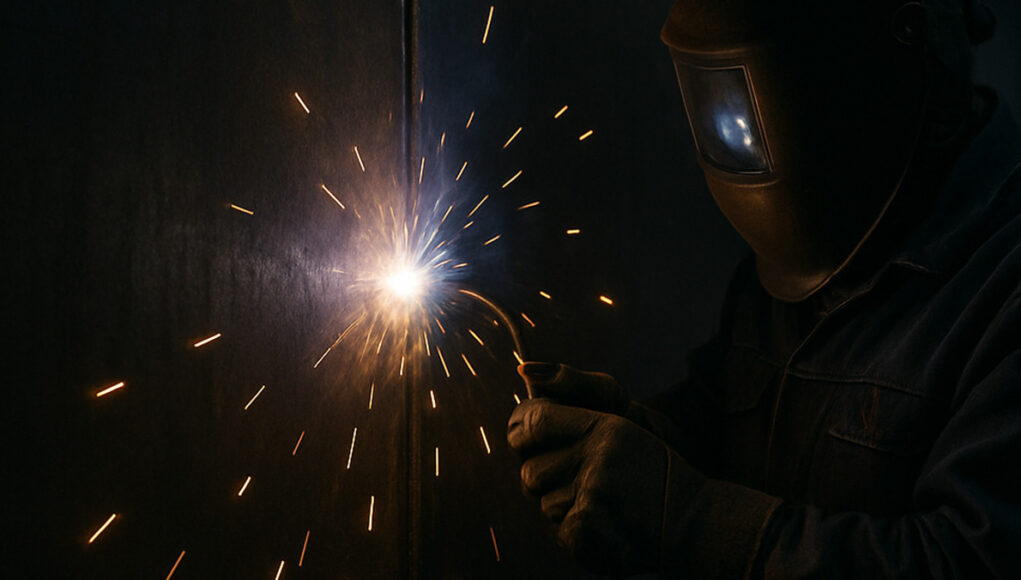
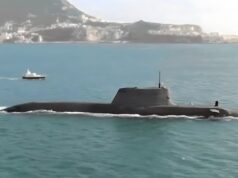
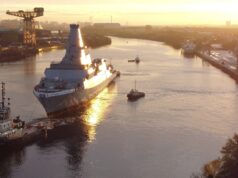


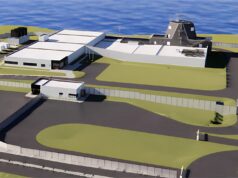
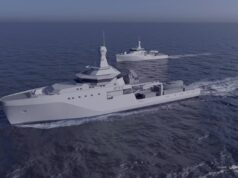
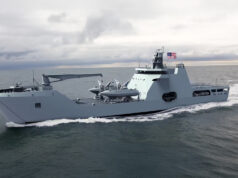
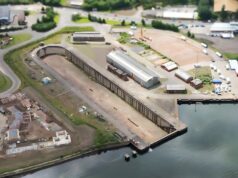
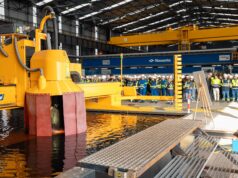


Should clarify If he means just Military Shipbuilding or Civil too ? Maybe we can see his opinion/views on the Ferry Contract Tender Companies ?
(bugger, got all serious there).
I loved watching Regan and Carter “doing 90 ’cause they got no place to go” (Squeeze).
Just a few more ferry orders into Chinese yards and we’ll be set.
I’m going to stick my neck out here (I don’t like posting politics) and ask, isn’t the National Shipbuilding Strategy also a Scottish Shipbuilding Strategy, given that Scotland is part of the UK and the UK government governs Scotland, etc etc?
Biggest security issue is the false narrative of reaching 5% by 2035 with it being 3.5% core defence spending and 1.5% of stuff like roads. Can easily be cut but not cut politically where say they start classing none military stuff as the 1.5%. then you get oh well this thing needs more money so let’s cut defence to 3% core spending and 2% non military stuff but it’s 5% defence spending bla bla bla. Just be honest and say we going to 3.5% by 2035
Yes. But also sort of (I think).
The NSB of course covers the whole of the UK, but the devolved Scottish government does have control over funds and other support in some areas not controlled from Westminster, including areas that Sweeney mentions like trade, education and apprenticeships.
I think he’s driving at the point that, in the same way that the Scottish government have an official cross-department Whisky policy to support that key industry, they should have a joined up one for ship building too. I don’t disagree with him.
Would a Scottish ship building strategy start by seeking to build ferries / transport vessels within Scotland or wider uk?
I don’t know much about the chap, but fair play to him- he’s saying the right stuff.
He could, feasibly just sit on his laurels and see out this 15 year ‘feast’ -as he calls it- and use it to rise through the party to the point where a follow-on famine wouldn’t affect his career. But he’s not, he’s at least trying to chase up a strategy that will last even beyond his career.
Remains to be seen if anyone will listen to him, mind…
Paul talks a lot of sense especially with regard to the creation of a National Investment Bank which has been so successful in other countries
So why’s he been so against any defence spend in Scotland when it comes to Nuclear shipbuilding and maintenance, oh, that’s right, he’s been languishing around saying we won’t win and now that we have Babcock winning, he wants to ingratiate hisself and party into the public discussions, despite not being interested and even banning it through their rules on how stocks could be done with pensions and grants.